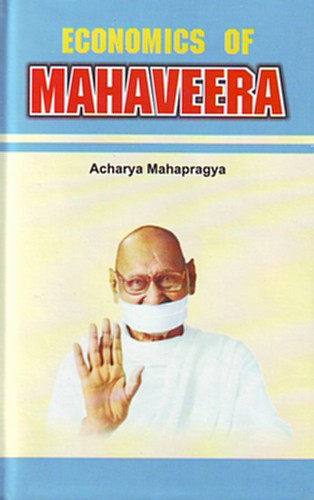
In addition to the set of directives to be followed life long, there has to be one for day-to-day life. Everybody should decide the articles that they have to consume or use during the day. The list of such articles should be decided for each day. The fourteen directives of the Jain literature are well known. One directive says that during any day one should not eat more than five or a given number of staple foods. A limitation of this kind is essential. There must be some limitation in the variety of food one eats.
Naturopaths say hat one does not have to eat more than one type of food grains. lf wheat is preferred, eat wheat. If rice is preferred, eat rice. If millet is to be the choice, then eat millet. Do not eat more than one type of staple food. If this rule is followed, the digestion will remain normal. This directive, therefore, is prescribed not only from the point of view of self-discipline but it is also desirable for maintaining good digestion and health.
Again, one must not eat a number of things at a time. Dr. Ganguli was a famous doctor in Calcutta. He came to meet Gurudev. During their conversation Dr. Ganguli said, "If one wants to live healthy, all that is necessary is some bread, a small quantity of dal (any of the pulses), one vegetable, curry and one fruit. Nothing more is needed."
In the early times, the kings used to eat royal foods. No wonder that the diseases were also royal at that time. The name of tuberculosis was rajyakshama, or the royal disease. The rich people suffered from it, but the disease did not affect the poor people. Today, everybody has become 'royal' and the 'royal ailments' have become common.
 Acharya Mahaprajna
Acharya Mahaprajna

